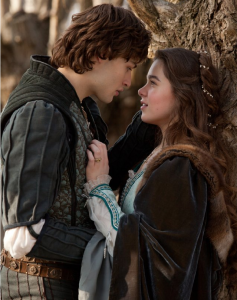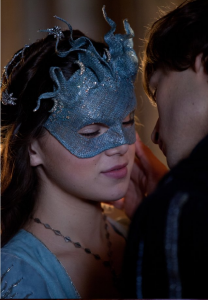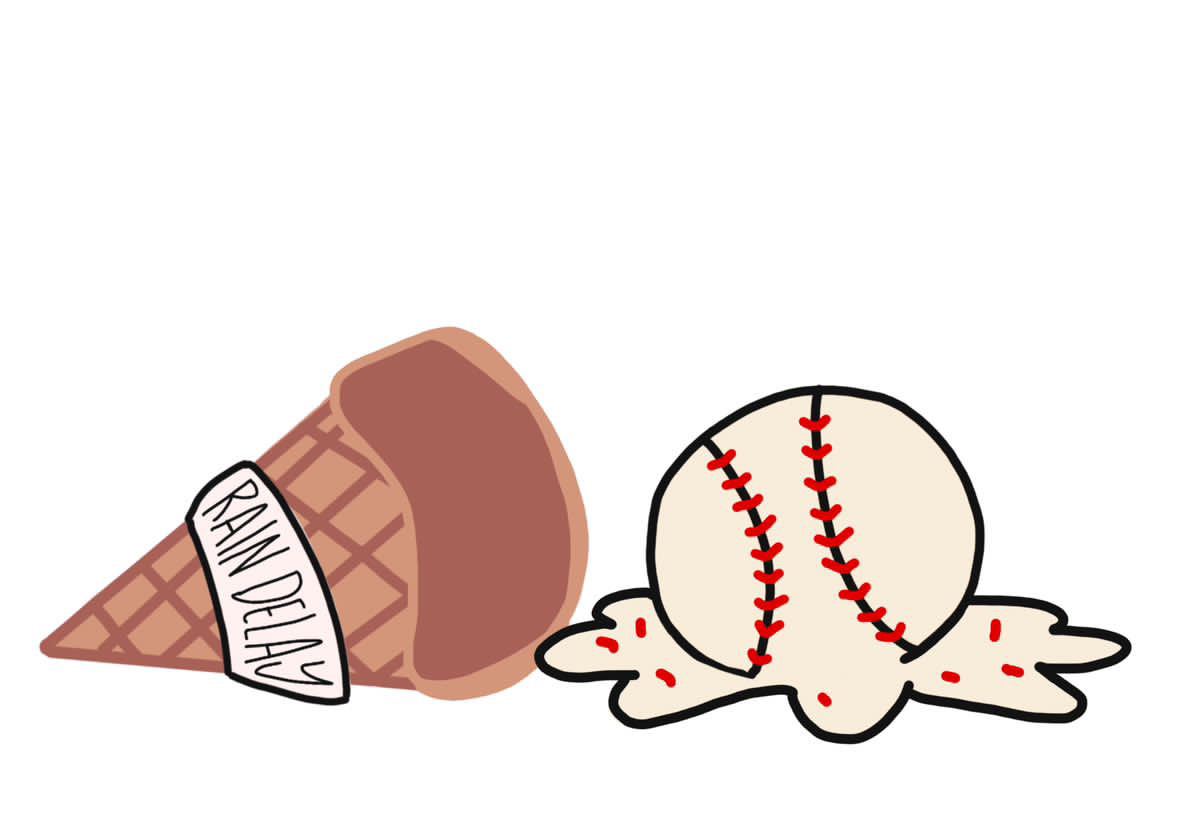First, there was the classic Zeffirelli version. Thirty years later, there was the Leonardo DiCaprio one we try to avoid speaking about. And now a third Romeo and Juliet movie, which premiered Oct. 11, has attempted to marry the tradition of the 1968 film with the gaudy appeal of other adaptations.
Romeo and Juliet is, refreshingly, not a “modern take” on the play. The film is set in Italy in the 1500s, with an emphasis on authenticity. Directed by Carlos Carlei and written by Julian Fellowes, creator of Downton Abbey, the movie was filmed in Verona. Dramatic shots of old brick castles and gorgeous architecture add to the film’s emphasis on over-the-top beauty.

Critics have lashed out against the film for being dumbed-down, and although Romeo and Juliet lacks the depth of more faithful adaptations of the play, the film was not as simplistic as some made it out to be. Instead, Romeo and Juliet targets an audience that doesn’t necessarily frequent Shakespeare plays. It’s an accessible introduction to the story, neither meant to be taken too seriously nor dismissed as trite.
Romeo and Juliet was, if not an entirely accurate representation of the play, a treat to watch. The elaborate gilded costumes, lavish banquet scenes (reminiscent of many a Downton Abbey dinner party), and cinematography made the film very easy on the eyes. Speaking of which – Hailee Steinfeld and Douglas Booth really know how to work a close-up shot.
But Romeo and Juliet are nuanced roles, and, aside from all the crying and the kissing, there is a balance between childhood naïveté and instinctual sensuality that, when done correctly, can be a very powerful performance. Both Steinfeld and Booth achieved this balance, and the two had surprisingly dynamic chemistry. At only 16 years-old, Steinfeld is an Academy Award-winning actress for her performance in True Grit, and 21-year-old Booth has up until now remained quieter on Hollywood scene. Romeo is Booth’s first starring role in a major Hollywood production, but his innocent yet impulsive portrayal of the character came across like that of a mature and confident actor.
Perhaps the most memorable part of the movie was when Romeo and Juliet first locked dewey eyes across a crowded room at the Capulet banquet. Glittering masks, torch-lit walls, and a sense of total decadence made the love-at-first-sight scene convincing from start to finish.

However, Romeo and Juliet felt campy and a bit overdone. Between the statically choreographed sword fights and color-coded Montague v.s. Capulet stand-offs, some scenes felt very obvious. Additionally, the musical score was terribly disappointing and uninspired. One can’t compare Tchaikovsky’s or Prokofiev’s grand and sweeping Romeo and Juliet Fantasy Overtures to the pathetic, clichéd soundtrack in this movie. The music sounded predictable, from the violins’ sad and tortured melody when Romeo drinks the poison to brassy, overly-loud fanfares during fights.
Controversy has arisen over Julian Fellowes’s decision to adapt and abridge the original text. Many scenes and phrases were re-written entirely. Iconic speeches and lines were kept from Shakespeare’s original text, but many other scenes were clipped, jumbled, and faux-Elizabethan. However, it’s not offensive — the adaptation works, and is neither glaringly obvious nor too subtle. The film was merely meant to hold a clipped pace, aimed for a younger audience. Trailers advertised Romeo and Juliet with the tagline “#forbiddenlove,” after all.
Romeo and Juliet attempts to draw teenagers to watch a timeless story that doesn’t have to take place in 2013 to be relatable, and I found it to be an enjoyable, if tragic, adaptation.















